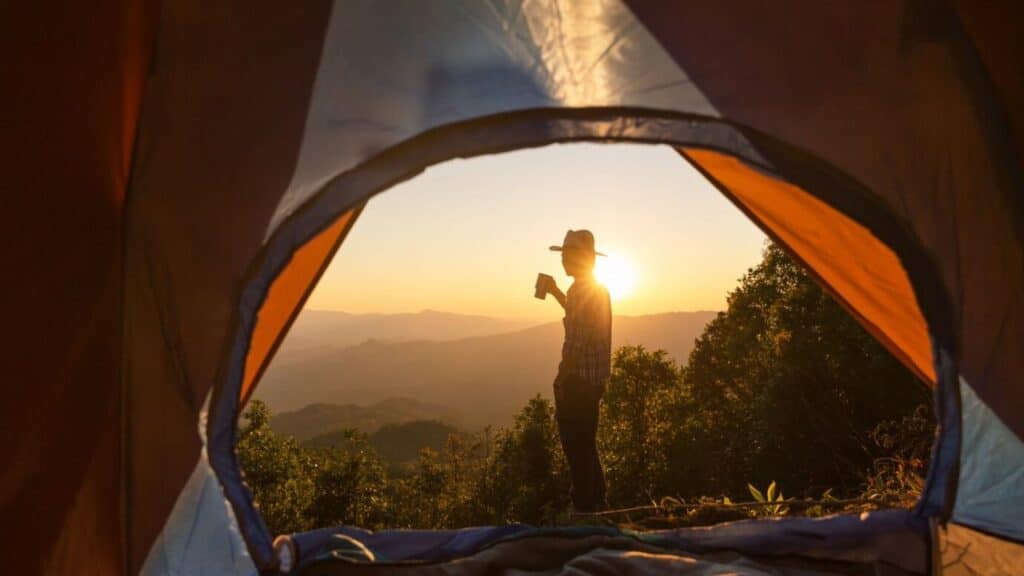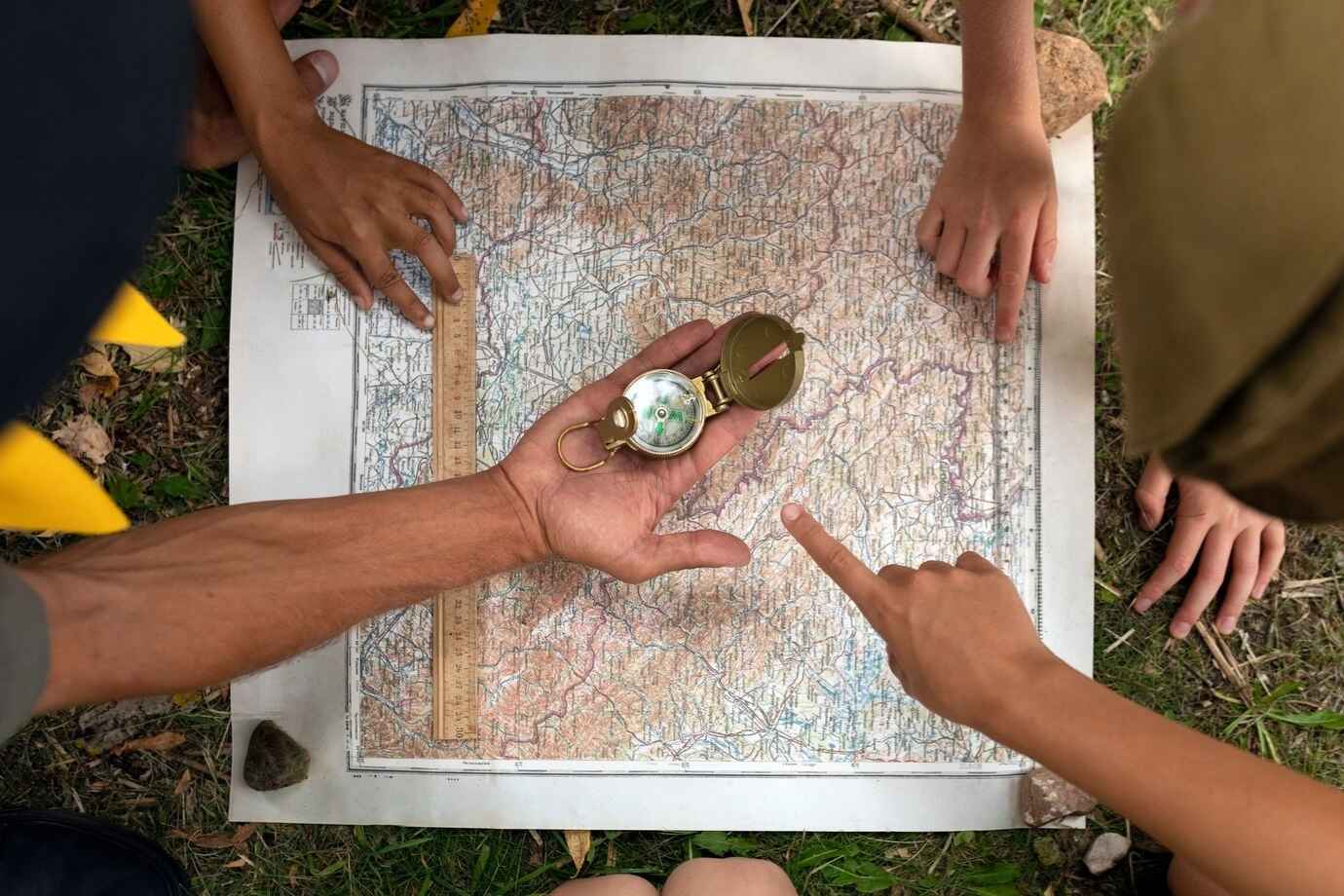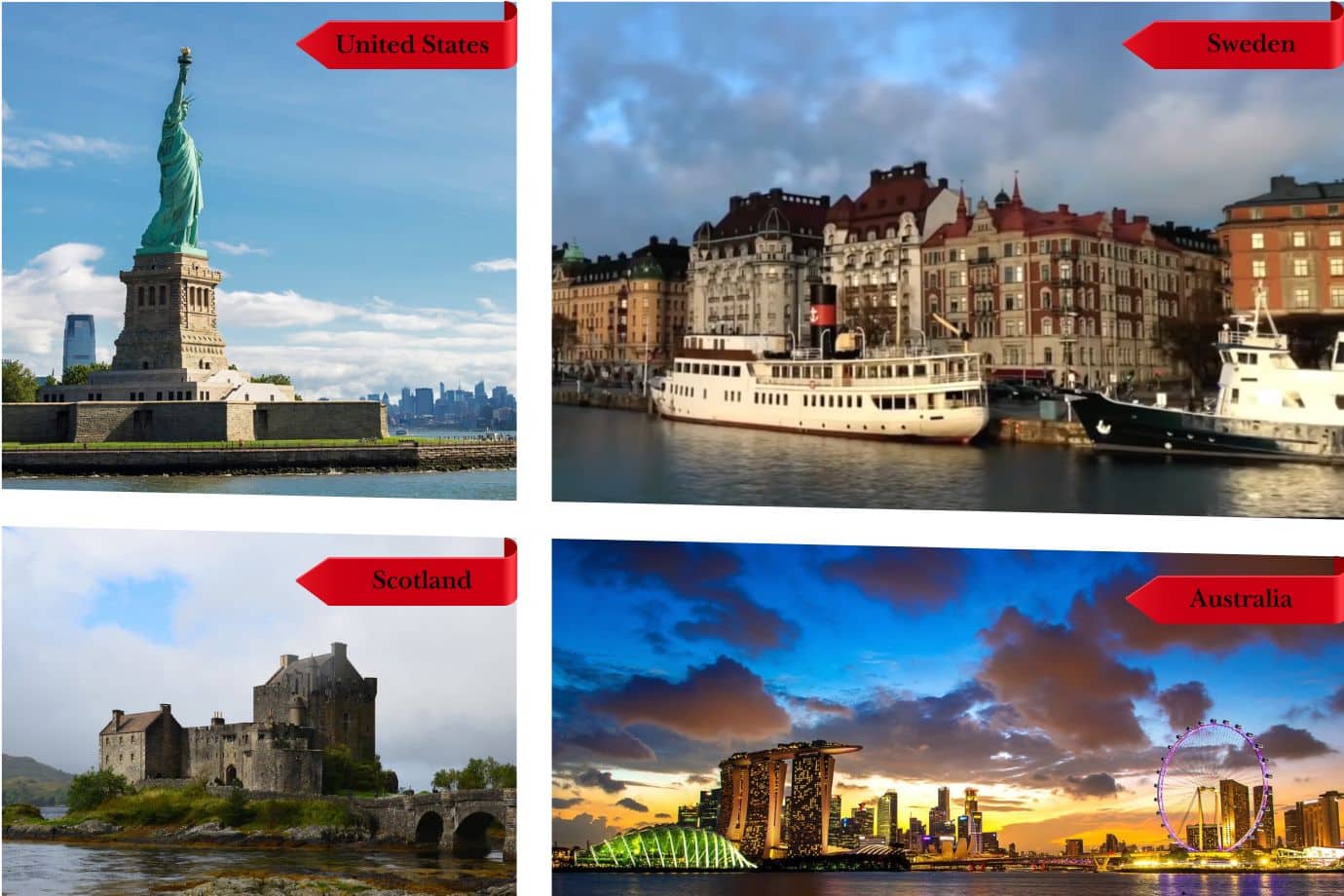Wild camping, often called “free camping” or “dispersed camping,” is the ultimate escape into nature. It offers a raw and immersive experience, allowing adventurers to connect deeply with the wilderness, embrace self-sufficiency, and explore untamed landscapes away from bustling campgrounds and crowded trails.

What is Wild Camping?
Wild camping involves setting up camp in undeveloped areas, such as forests, mountains, riversides, or lakeshores, typically outside designated campsites. Unlike traditional camping, it provides the freedom to pitch a tent or park a camper van in secluded spots. Regulations regarding wild camping vary by country and region, so understanding local laws is crucial for a positive experience.
Why Choose Wild Camping?
1. Freedom to Explore:
Wild camping is often free, making it an ideal choice for budget-conscious travelers.
2. Connection with Nature:
Immerse yourself in the symphony of nature—rustling leaves, chirping birds, and flowing streams.
3. Budget-Friendly Adventure:
Choose your perfect campsite, whether it’s a scenic mountain view or a secluded forest glade.
4. Personal Growth:
Develop survival skills, practice self-reliance, and enjoy the simplicity of life in the wild.
How to Prepare for Wild Camping?
1. Research and Plan:
2. Pack Smart:

3. Follow Leave No Trace Principles:
4. Stay Safe:
Top Tips for Wild Camping Success
1. Arrive Early
2. Blend In:
3. Respect Quiet Hours:
4. Be Weather-Wise:
Where to Go Wild Camping?
Here are some camping destinations around the world:
1. Scotland:
Its “right to roam” laws allow camping in stunning locales like the Highlands, Isle of Skye, and Cairngorms National Park.
2. Sweden:
The “Allemansrätt” (Everyman’s Right) permits camping on public lands, offering access to forests, lakes, and archipelagos.
3. Australia:
From rugged outback landscapes to pristine beaches, the country is perfect for adventurous camping.
4. United States:

Benefits of Wild Camping for Mental Health
Wild camping provides a digital detox, reduces stress, and fosters mindfulness. The solitude and simplicity of the experience can boost creativity and help you reconnect with a sense of purpose.
Challenges of Wild Camping
While it offers unparalleled freedom, wild camping comes with challenges like unpredictable weather, lack of amenities, and potential wildlife encounters. Good preparation, judgment, and flexibility are essential.
Wild Camping Etiquette
Final Thoughts
Wild camping combines adventure, self-reliance, and a profound connection to nature. Whether you’re a seasoned adventurer or a curious beginner, it promises unforgettable memories and a deeper appreciation for the wilderness. Step off the beaten path and immerse yourself in the untamed—wild camping awaits!
FAQs
No, wild camping laws vary by country and region. Research local regulations before heading out.
A durable tent, sleeping bag, cooking gear, food, water, first aid kit, and navigation tools.
Use maps, camping apps, or local advice to locate secluded areas away from private property and busy trails.
Stay calm, maintain distance, do not feed animals, and store food securely.
Inform someone of your plans, carry a communication device, check weather forecasts, and follow Leave No Trace principles.

Pingback: 8 Amazing Places to Experience Wild Camping in Europe
Pingback: 10 Wild Camping Tips in Europe 2025